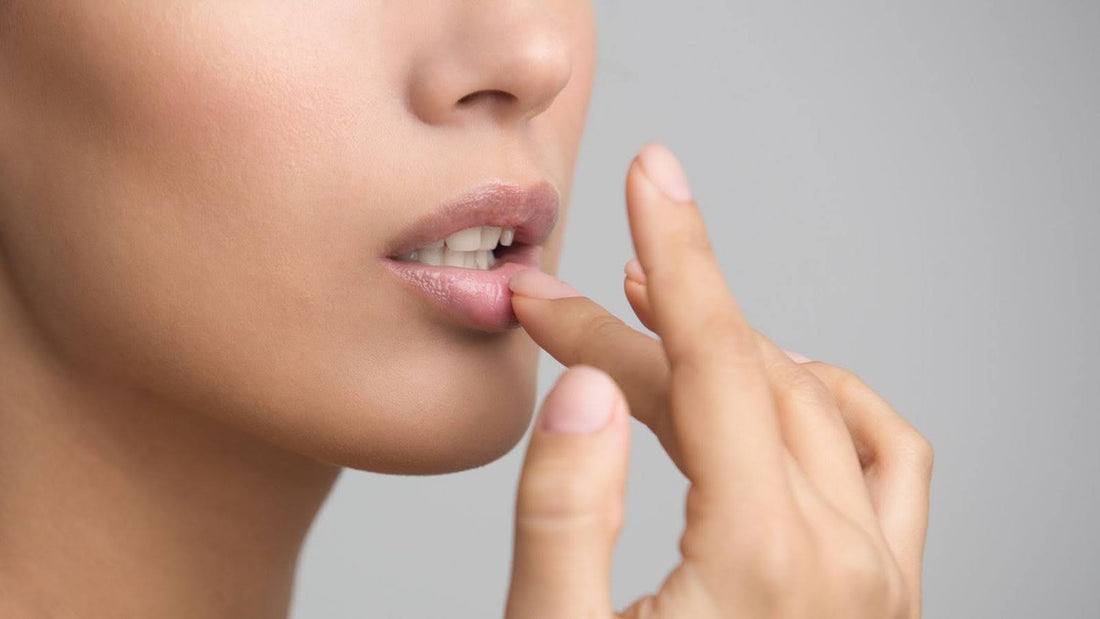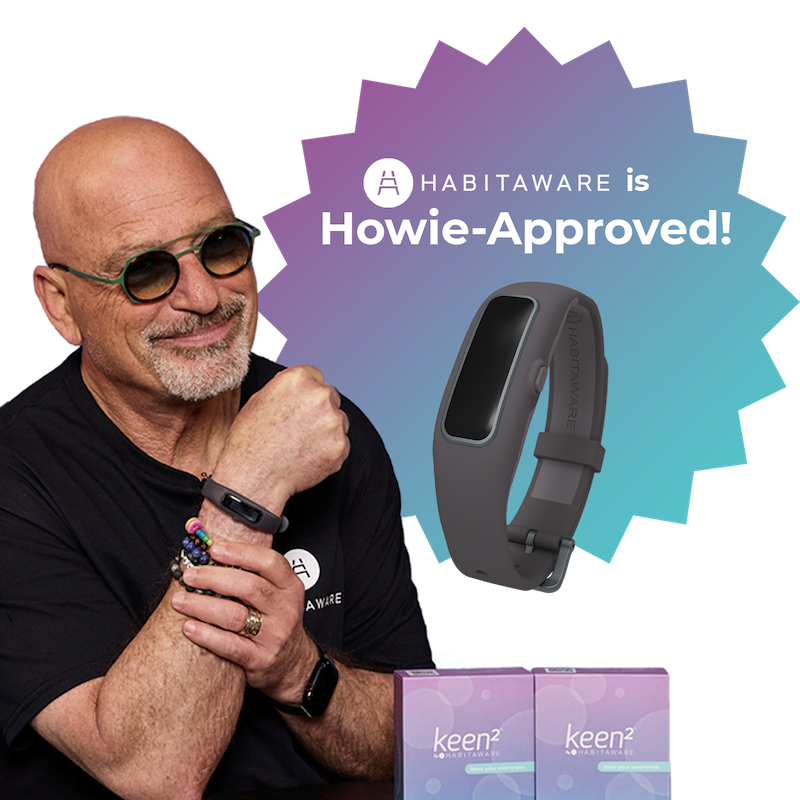Have you ever found yourself picking at your lip skin, especially during moments of stress or anxiety? You're not alone. Lip picking is a Body-Focused Repetitive Behavior (BFRB) that many people experience on a daily basis. Understanding why we do this and discovering how to break the cycle can be the first step to healing your smile.
Let’s look at some practical advice and insights so you can learn how to stop picking your lips and start on the path to recovery.
Understanding Lip Picking
Lip picking is an impulse control disorder where an individual repeatedly picks at their own lips. This can occur both consciously and subconsciously and is often a physical response to emotional triggers such as:
- Stress
- Anxiety
- Boredom
- Negative self-image
While it may seem like a minor concern, lip picking can become an automatic response that is difficult to break. Psychology experts often classify BFRBs like lip picking as a manifestation of deeper psychological issues. To find a lasting solution, you’ll need to Identify what triggers the urge to pick. For example, some people might find that they tend to pick their lips more during high-stress periods at work or school, or when feeling self-conscious or insecure.
This behavior is not just a bad practice but potentially linked with emotional turmoil. Recognizing the situations and feelings that kick off lip picking can provide clues about what might be fueling this behavior, setting a solid foundation for addressing it effectively.
The Physical and Emotional Toll of Lip Picking
Picking your lip skin might seem like a small, harmless habit. But over time, it can actually lead to some serious problems for both your physical health and emotional well-being. When you pick at the delicate skin on your lips, you might not notice right away, but you can cause tiny breaks in the skin. This not only hurts, but it opens the door to unwelcome infections. Plus, when your lips are sore and maybe even bleeding, it's natural to feel self-conscious about your appearance, which can drag down your mood.
Here's a breakdown of the reasons why reducing your lip picking behavior matter:
- Physical Harm:
- Sore, bleeding lips
- Increased risk of infections
- Possible scarring or permanent damage
- Emotional Effects:
- Feelings of embarrassment
- Anxiety about the behavior
- Potential impact on social interactions
Getting a handle on lip picking is important, not just for the way you look, but for how you feel inside. If you’re struggling, remember that help is out there. Many mental health resources highlight the need to address behaviors like lip picking to improve overall wellness.
Strategies to Break the Cycle of Lip Picking
If you're determined to heal your smile and stop picking your lips, there are several strategies you can put into action. It's all about becoming more aware of what triggers your lip picking and finding new, more positive behaviors to take its place.
Here are some steps to help you break the cycle:
- Recognize Your Triggers:
- Find patterns in your behavior and then plan to avoid or handle these triggers differently.
- Behavioral Changes:
- Keep your lips moisturized to reduce the temptation to pick at dry skin.
- Wear lip balm or a lip mask that discourages picking.
- Occupy your hands with a stress ball or fidget toy when you feel the urge to pick.
- Therapeutic Practices:
- Cognitive-behavioral therapy (CBT) can help you understand and change your lip-picking behavior.
- Habit reversal training, a part of CBT, teaches you to recognize the urge to pick and replace it with a less harmful action.
- Proactive Prevention:
- Set small, achievable goals for yourself, like going an hour, then a few hours, then a day without picking.
- Reward yourself for meeting these goals to encourage positive reinforcement.
- Awareness Tools:
- Use wearable tech, like the HabitAware Keen2 smartwatch, to alert you when you start to pick.
- Fidget tools can be a good competing response - something to do instead of picking your lips.
- Behavioral change programs, such as HabitAware's recovery eCourses, provide structured guidance and insights into BFRBs.
Each step takes us closer to healthier habits and away from the impact of lip picking. It might take time and effort, but the payoff is a healthier, more confident you. Remember, picking your lips doesn't have to be a lifelong habit. With the right strategies, you can take control and start showing off your smile with pride.
Embracing Community and Virtual Support Networks
You're not alone in your journey to overcome lip picking. Engaging with a community or virtual support networks can offer immense support and encouragement. Here are ways community and online networks can be beneficial:
- Shared experiences: Hearing stories from others who struggle with similar behaviors can validate your feelings and provide new coping strategies.
- Accountability: When part of a group, members often feel a sense of responsibility to follow through on their goals.
- Encouragement: Positive reinforcement from others can boost morale on difficult days.
To find and engage with such networks:
- Look for online forums and groups dedicated to managing BFRBs.
- Join virtual support meetings or webinars where you can connect with others in real-time.
- Consider HabitAware’s virtual change collective, which combines technology with human support.
Remember, each person’s journey is personal, but that doesn't mean you have to go it alone. A strong support network can be just as crucial as any tool or resource in managing lip-picking behaviors.
Healthy Alternatives and Self-Care for Lip Health
When the urge to pick at your lips arises, having a go-to list of healthier habits can serve as a helpful tool. These healthy alternatives not only help in avoiding harm to your lips but also contribute to overall self-care. Here’s what you can do:
- Stay Hydrated: Drinking plenty of water helps maintain lip moisture, reducing the temptation to pick at dry skin.
- Balanced Diet: Eat foods rich in vitamins, especially Vitamin B and C, to help maintain healthy lips.
- Exfoliate Gently: Once a week, use a soft toothbrush or a homemade sugar scrub to gently remove dead skin.
- Occupying Your Hands: Keep your hands busy with stress balls, fidget toys, or crafts to divert attention from your lips.
- Regular Check-Ups: See a dermatologist regularly to ensure your lips are healthy and to get advice on proper lip care.
By integrating these self-care practices into your routine, you can help protect your lips from damage and create a positive impact on your mental well-being.


